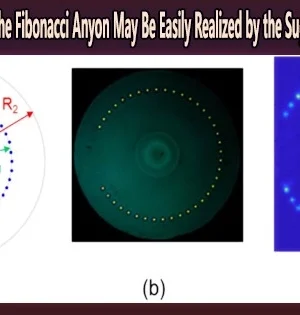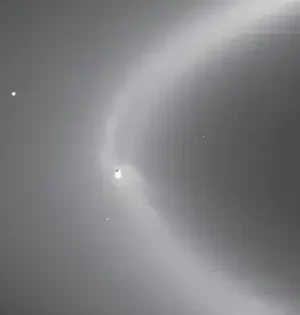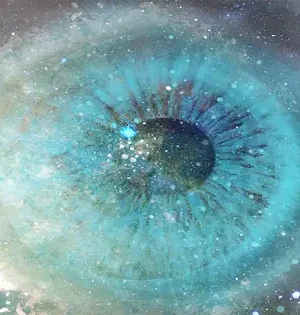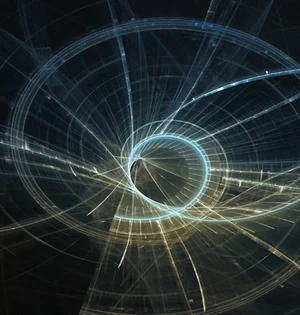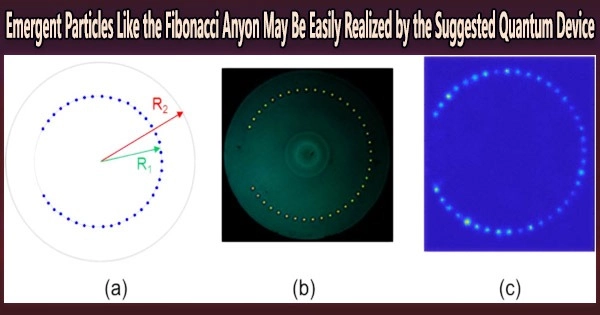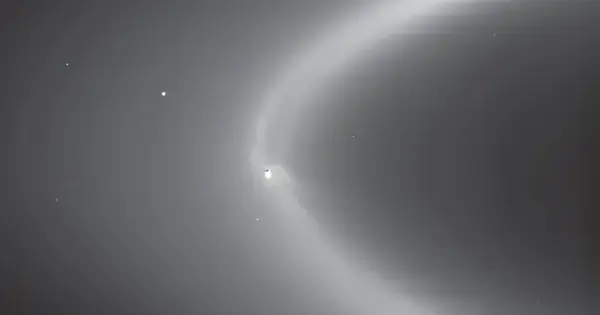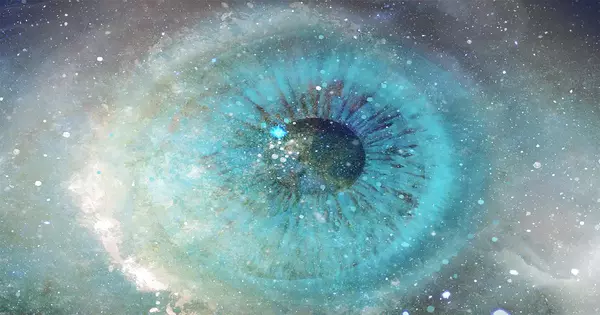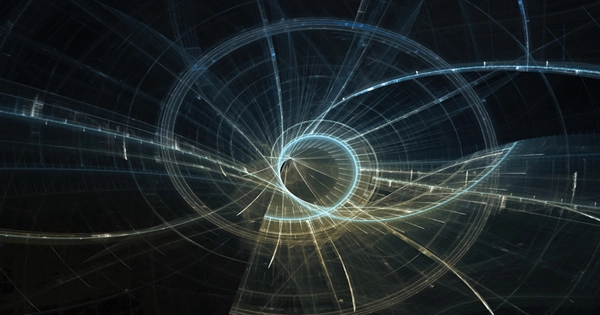Dr. Jukka Vayrynen was a post-doctoral researcher looking at a theoretical model featuring emergent particles in a condensed matter environment before he became an assistant professor at the Purdue Department of Physics and Astronomy. He planned to develop the model after he got to Purdue, anticipating it to be quite simple. He gave the seemingly straightforward calculations to Guangjie Li, a graduate student working with Vayrynen, but the calculations yielded an unexpected result. Their findings were a startling hurdle that nearly put an end to their investigation. This obstacle has been used by Team Tenacity to create a potential path
Astrophysics
Our understanding of life on exoplanets and exomoons must be based on what we know about life on Earth. Water is a common ecological requirement for all life on Earth. Temperature on an exoplanet is the first parameter to consider, both because of its influence on liquid water and because it can be directly estimated from orbital and climate models of exoplanetary systems. Water is required for life, but deserts demonstrate that even a small amount can suffice. Only a small amount of light from the central star is required to support photosynthesis. Some nitrogen is required for life, and
Is the universe aware, like a massively scattered human brain?Scientists have long wondered how consciousness and science interact.Two mathematicians have developed a mathematical model based on a single theory. Scientists will strive to demonstrate the existence of consciousness in the universe in future studies. Yes, truly. Whatever the outcome, we'll soon learn more about what it means to be conscious and which objects around us may have their own minds. What does this entail for how we interact with items and the environment around us? Buckle up, for something strange is about to happen. What Exactly Is Consciousness? The basic
A novel method for recognizing gravitational wave signals that uses quantum computing could be a crucial new tool for future astrophysicists. A team from the University of Glasgow's School of Physics and Astronomy has devised a quantum algorithm that dramatically reduces the time required to match gravitational wave signals against a massive databank of templates. This technology, known as matched filtering, is used in some of the gravitational wave signal discoveries made by detectors such as the Laser Interferometer Gravitational Observatory (LIGO) in America and Virgo in Italy. These detectors, which are the most sensitive ever built, detect the small
